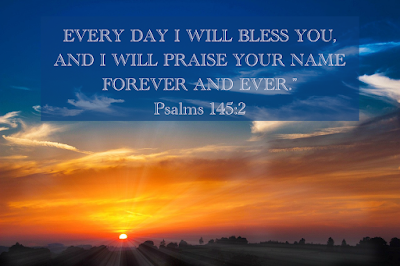A Life Rooted in Love
“Jesus replied: ‘Love the Lord your God with all your heart and with all your soul and with all your mind.’ This is the first and greatest commandment. And the second is like it: ‘Love your neighbor as yourself.’ All the Law and the Prophets hang on these two commandments.” – Matthew 22:37-40
The Context of Jesus’ Reply
Jesus spoke these words after being tested by a Pharisee. The religious leaders had been trying to trap Him, hoping He would contradict the law or say something that could discredit Him. They asked, “Teacher, which is the greatest commandment in the Law?” (Matthew 22:36). Instead of falling into their trap, Jesus summarized the entire Old Testament law into two simple but profound commands: Love God and Love Others.
William Barclay explains, “To love God with all our heart means total sincerity. To love Him with all our soul means to make Him the center of our being. To love Him with all our mind means to align our thoughts and desires with His will.” Jesus demonstrated that true obedience is not about following a list of rules but about living a life rooted in love.
Living Out Love
Loving God should transform every part of our lives. True love for God is not just a feeling; it is a lifestyle of kindness, humility, and grace. If we claim to love God but neglect or mistreat others, our love is incomplete. Alexander Maclaren adds, “The measure of our love for God is the measure of our love for our neighbor.”
True discipleship is not about religious performance—it is about love. When we love God fully, we will love others deeply, reflecting Christ in all we do.
Prayer:
Lord, teach me to love You with all my heart, soul, and mind. Let my love for You overflow in how I treat others. Transform me into a vessel of Your love, that I may reflect Your grace in all I do. Amen.












